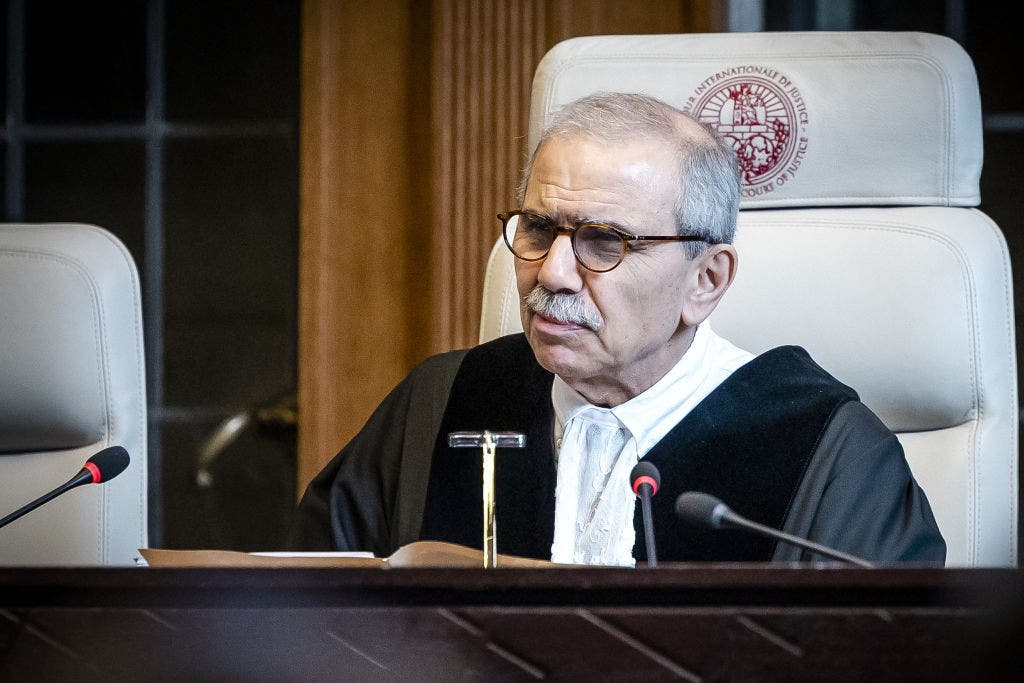The International Court of Justice (ICJ) has come under fire for its order declaring that Israel should stop its military offensive in Rafah to root out Hamas, as well as for the anti-Israel bias of the presiding judge, Nawaf Salam from Lebanon. Critics argue that Salam’s political activism in Lebanon has contributed to his bias against Israel and violates ICJ rules. The ICJ’s conflict-of-interest rules state that no judge may exercise any political function, and its charter states that no jurist may participate in a case in which they have previously been involved in any capacity.
The Israeli government has rejected the ICJ’s order, stating that it will continue its military campaign to eliminate Hamas battalions in Rafah. Israeli government spokesperson Avi Hyman emphasized that Israel will not be deterred from protecting its citizens and going after Hamas in Gaza. The ICJ’s order lacks enforcement, and the Israeli government has vowed to move forward despite the ruling. Hamas has welcomed the decision, referring to Israel as its “Zionist enemy” that it intends to annihilate.
Some ICJ judges and legal experts have rejected the majority decision, arguing that Israel is only required to halt its military campaign in Rafah if it could bring about physical destruction. ICJ Vice President Julia Sebutinde from Uganda voted against decisions opposed to Israel, stating that the directive may be misunderstood as mandating a unilateral ceasefire and restricting Israel’s military objectives while leaving its enemies free to attack. In a previous ruling, the ICJ ordered Jerusalem to prevent acts of genocide as it fights Hamas terrorists in Gaza.
Former Israeli Supreme Court president Aharon Barak, who serves as an ad-hoc judge on the ICJ bench, also dissented from the majority view, stating that Israel is not prevented from carrying out its military operation in Rafah as long as it fulfills its obligations under the Genocide Convention. Barak emphasized that the measure is qualified and preserves Israel’s right to defend itself, prevent threats, and free the hostages held by Hamas. Critics argue that the ICJ’s rulings are politically motivated and reflect an anti-Israel bias that undermines the credibility of the court.
Critics of the ICJ argue that the court’s reliance on United Nations sources for its “facts” in the case contributes to the bias against Israel. They highlight the involvement of judges with political backgrounds and affiliations that call into question their impartiality. The controversy surrounding the ICJ’s ruling on Israel’s military offensive in Rafah underscores broader concerns about the politicization of international legal institutions and their impact on conflicts in the Middle East. The ongoing tensions between Israel and Hamas, as well as the role of external actors like Lebanon and Hezbollah, complicate efforts to achieve a peaceful resolution to the conflict.


